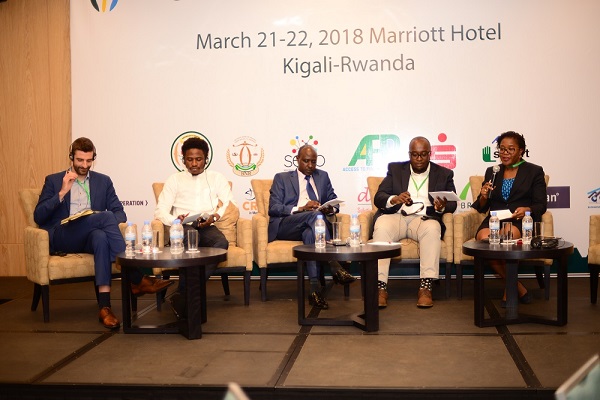May 13, 2018 | by Olayinka David-West

In my previous post on my participation at the International Conference for Responsible and Inclusive Finance (ICRIF), I summarized key highlights from the panel discussion on 'The Business of Fintech in Africa'. In continuation, this post highlights some guiding principles for Fintech companies to ensure clients are protected from potential abuses and harmful risks.

In conclusion, while the scope of the Fintech companies varies in the provision of retail financial services, early attention to client protection principles is critical. The call for responsible and inclusive financial institutions would only enhance financial inclusion and stimulate the associated economic benefits. However, in the absence of effective self-regulation, financial regulators will be forced to intervene. For example, in a white paper focussing on online marketplace lending industry, the US Treasury Department proposed a series of recommendations for developing robust borrower protections in online lending marketplaces. Additionally, some Central Banks are using regulatory sandboxes to test and learn the impact of innovative fintech products in a “live” environment. All in all, Fintech companies should strive to include responsible practices fromthe ground. More information and resources on client protection practices are available on the Consultative Group to Assist the Poor (CGAP) website.
Categories: Microfinance Financial Inclusion Consumer Protection Sub-Saharan Africa English Blog Responsible Finance Blog WebinarsBlogs

1621 North Kent Street, Ste 900,
Arlington, VA, 22209
P 202.534.1400
F 703.276.1433
Website Photos: © mari matsuri
